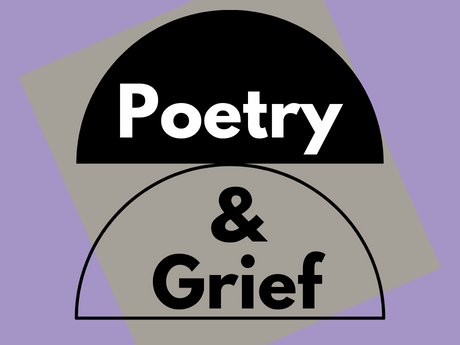Poetry & Grief
Jos Charles on Raúl Zurita’s INRI

an excerpt from "Bruno Bends, Falls"
Bruno is dead. Susana is dead. The black land and beneath it the bloody gauze of the snow on the mountains. The white surf rises and falls in front. The small cities are white on the night roads. They are like flecks of light suddenly appearing and then nothing. Someone heard them and now they are thousands of white faces, with their teeth slightly reddened and the eye sockets empty. My love letters. Then nothing.
I pass through small towns in the night. I pass through fur flecked with blood. Both are tenuous. Bruno is tenuous. Susana now is tenuous.
Words of love are tenuous, as the night is tenuous, as the stalks of the daisies, yet they scream when the wind bends them. They scream and I hear them. My love letters are tenuous. They have small flecks of blood and saliva on them.
I am going back home, Bruno says. Susana also says she is going back home.
He bends, falls.
Bruno is a little black claw. Susana is a little black claw. The daisies bend screeching. Here are the daisies, the gauze snow on the mountains. The line of surf.
I weep for a country that is my enemy.
The small white cities wait for Bruno, the small white cities lit up by lamps in the night wait for Susana. It's day, they're not there anymore and I cry.
From INRI by Raúl Zurita, translated from the Spanish by William Rowe. Reprinted with the permission of the publisher.
Jos Charles on Raúl Zurita’s INRI
The US self-sufficiency myth seems, in part, to be the promise that one needn’t mourn, that one is past the usual practices of remembering, incorporation, the re-inauguration of collective regulation and continuity through action. It favors detached and private griefs—self-historicizing, self-autochthonizing griefs.
Raúl Zurita’s INRI sings in the seam between wreckages, empire and its wreckage, de-privatizing grief through song, putting it over and out, and yet further, up to—to those who would prefer such mourning be outsourced.
Zurita describes the context for the work in the author’s note to INRI as follows:
“In January 2001, on TV, the President of Chile, Sr. Ricardo Lagos, acknowledged that the bodies of hundreds and hundreds of people who had been disappeared during the Pinochet dictatorship would never be found because they had been thrown out of airplanes into the sea and mountains.... The message was brief and it was something all of us had known for many years.”
There is no Pinochet regime without the US—both as a political force which generally and ideologically gave rise to the continuing fascisms of the past two centuries, as well as specifically in this case. The US financially and directly backed the coup against Salvador Allende, the then democratically-elected socialist president Pinochet’s regime supplanted.
Pinochet’s dictatorship was marked by atrocity. Zurita does not document atrocity though: he weeps. He weeps and mourns, and in the mourning he clarifies the enemy—Pinochet, the conditions, states, that gave rise to him—without speaking the name, without assenting to the syntactical battleground to which the enemy hails.
INRI is purgative. It vomits the name the enemy speaks. But it is not an act of remembering, a suspension of grief. It does not document grief. INRI mourns actively, performatively, in the reading, reaching into the sea that the sea might become the sea again. Tears fall upward into the sky.
Zurita writes, “I hear the sound of the daisies as they bend.” INRI teaches us how we might praise in lament, the impossibility of grasping grief as our own, while moving through still outward, to another. “I weep for a country that is my enemy.” So we shall know, even as we are fully-known.



